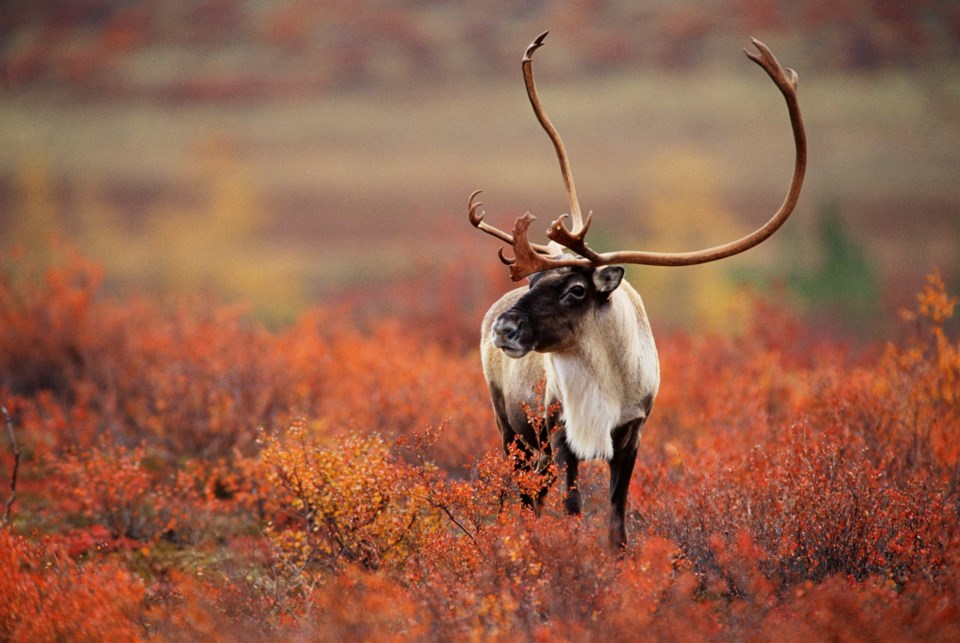In January of this year, B.C announced the extension of its controversial wolf reduction program for another five years and is set to target the Kootenay, Cariboo, Omineca, Skeena and Peace regions of the province.
The “aerial wolf reduction program” was created in 2015 to combat the decline of caribou herds in the province, as B.C. believed wolves were the main cause of the dwindling caribou population.
The program consists of shooting wolves from a helicopter — which the province says is the most humane reduction tactic for wolf populations in remote areas.
Since the creation of the program, approximately 1,429 wolves have been killed.
B.C. estimates that there are currently 8,500 wolves in the province and anticipates 200 to 300 wolves will be killed through the program annually.
“The decision to carry out wolf culls is not taken lightly, but science and past results show that this recovery action is an effective way to decrease predator pressure on B.C.’s threatened caribou herds,” said the Ministry of Forests, Lands, Natural Resource Operations and Rural Development.
In September 2021, the province was said to have sought input from B.C. residents on the program and found that, after more than 15,000 surveys, 59 per cent were against predator reduction and 37 per cent were in support.
Moreover, 98 per cent said the caribou population recovery was important.
However, the top three listed tactics for caribou recovery were habitat protection, habitat restoration, and habitat management. One in six participants in the survey also believed B.C.’s resource development was the main cause of the caribou decline.
The Union of British Columbia Indian Chiefs (UBCIC) believes so too; in February they passed a resolution calling for an end to the wolf reduction program and to allow the First Nations in the province to handle the territory’s wildlife.
UBCIC Chiefs Council urges the provincial government to stop imposing unilateral state decisions on wolf culling and caribou recovery, and to recognize that territorial management must be up to the proper Title Holders whose laws, jurisdiction, and legal orders must be recognized and upheld,” the resolution says.
“… protecting wildlife from any killing contests and unethical hunting and culling practices that oppose Indigenous traditional values, ways of life, and fundamental rights.”
All of the caribou herds in southern woodland B.C. are incredibly close to extinction, with provincial figures estimating that just 1,254 caribou are left — down from 2,500 in 1995.
On a more positive note, there is one herd in Northern B.C. that is designated as “increasing” with 184 members.
However, the provincial government is currently approving logging cutbacks in caribou habitat and creating roads that allow predators easier access to herds.
It is important to note that B.C. is one of the few provinces in Canada that does not have provincial endangered species legislation. The federal government even threatened to step in to protect the provincial caribou population in 2018, forcing the province to take some action such as a recovery plan creation and a partnership agreement with First Nations.
“It is pretty significant stuff,” said Eddie Petryshen, a conservation specialist with the environmental advocacy organization Wildsight, in an interview with The Narwhal.
Petryshen explained that provincial legislation allows cutblocks that overlap with protected areas to be approved so long as they don’t exceed five hectares.
“So what I am finding is a bunch of these cutblocks that overlap by two or three or four hectares. They are nibbling at these protections and doing it without actually replacing it.”
“It’s kind of shocking,” he said.
“If we can’t protect caribou within provincially designated caribou habitat, where can we protect them?”




